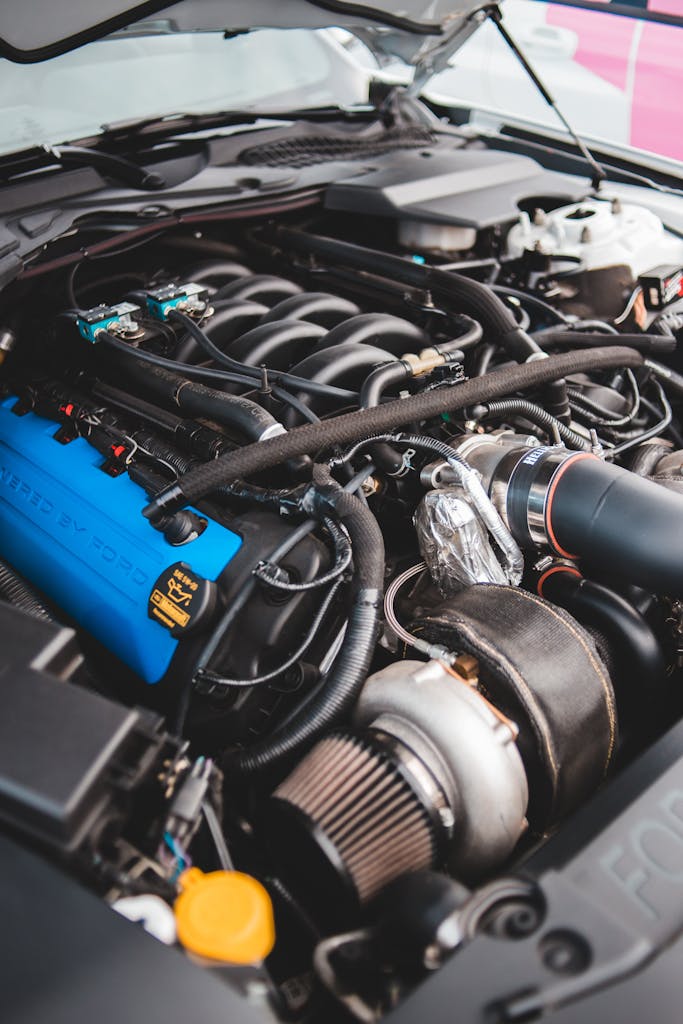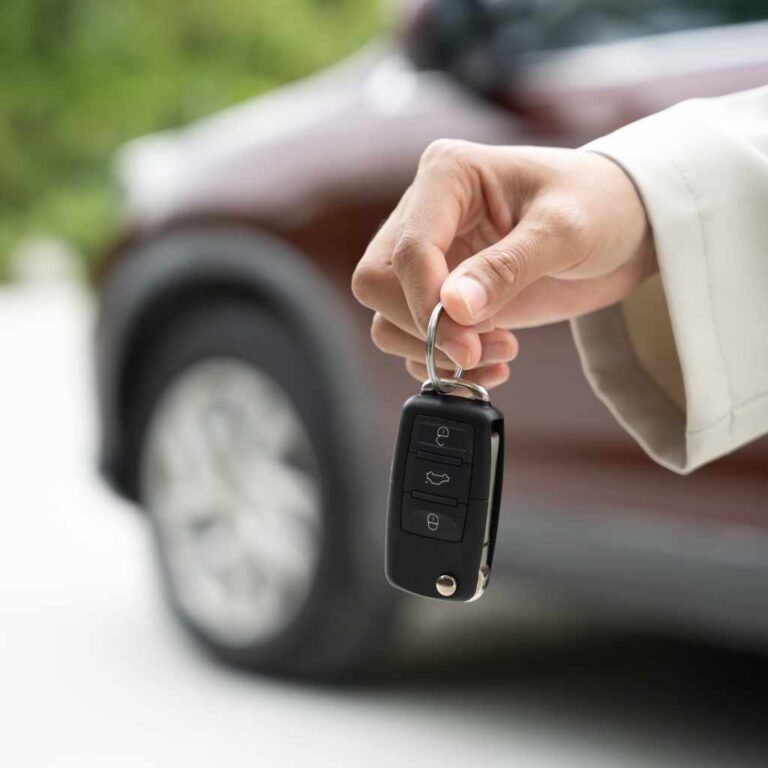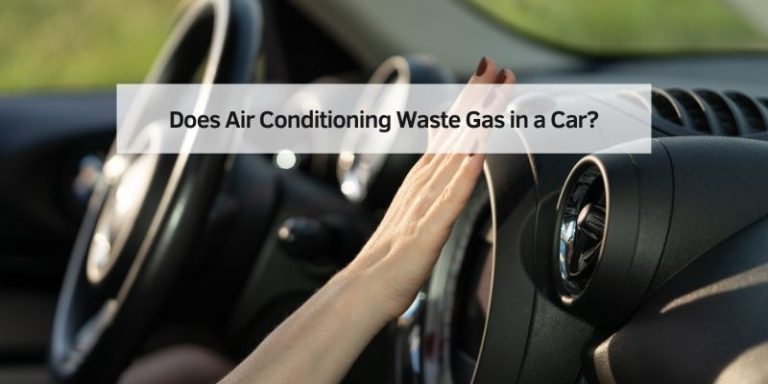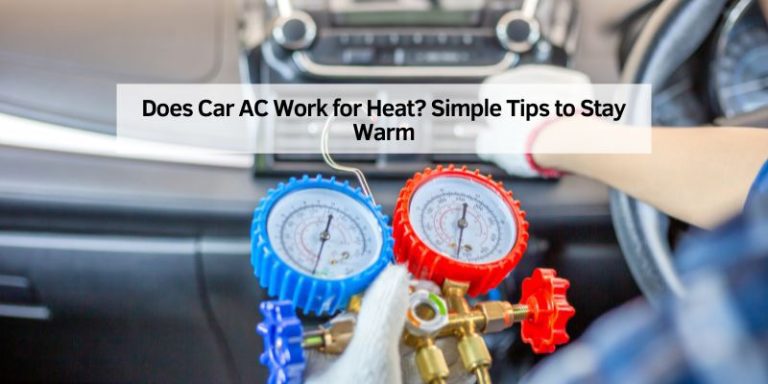What to Do If Someone Hits Your Car: Essential Steps
If someone hits your car, ensure everyone’s safety first. Then, exchange information and document the incident thoroughly.
Car accidents can be stressful and confusing. Knowing what to do afterward is crucial for protecting your rights and ensuring a smooth claims process. Start by assessing the situation and checking for injuries. Call emergency services if needed. Gathering information from the other driver, including their insurance details and license plate number, is essential.
Take photos of the damage and the accident scene to support your claims. Understanding your rights and responsibilities will help you navigate the aftermath effectively. Staying calm and organized can make a significant difference in resolving the situation quickly and efficiently.
Initial Shock: Stay Calm And Assess
Experiencing a car accident can be very shocking. Staying calm is essential. Take a few deep breaths to help yourself relax. Inhale deeply through your nose, then exhale slowly through your mouth. Repeat this several times.
Next, assess the safety of the situation. Check for any injuries to yourself or passengers. Ensure the area is safe from oncoming traffic. If it’s safe, move your vehicle to the side of the road.
| Safety Step | Action |
|---|---|
| Check for Injuries | Look for any visible signs of injury. |
| Move to Safety | Relocate your vehicle if possible. |
| Call for Help | Contact emergency services if needed. |
Safety First: Securing The Scene
After a car accident, safety is the top priority. Move to a safe location away from traffic. This protects you and others. If the car is drivable, pull over to the side of the road. Always turn on your hazard lights to alert other drivers. This makes it easier for others to see you.
Using road flares can also help. Place them behind your car to warn oncoming traffic. Make sure they are at a safe distance. Keeping everyone safe should be the main goal after an accident.
Health Check: Addressing Injuries
Check yourself and others for any injuries. Stay calm and breathe deeply. If you see bleeding, press on the wound with a clean cloth. Keep injured areas elevated if possible. Make sure you are in a safe location away from traffic.
Call emergency services if someone is unconscious or has trouble breathing. Severe bleeding or chest pain also needs urgent help. Dial your country’s emergency number right away. It is crucial to act quickly in these situations.
Information Exchange: Collecting Details
Gather essential information from the other driver after a car accident. This includes their name, contact number, and insurance details. Write down the license plate number and vehicle make and model.
Take note of the time and location of the incident. Document any damage to both vehicles. Use your smartphone to capture clear photos of the scene.
| Necessary Information | Description |
|---|---|
| Name | The full name of the other driver. |
| Contact Number | A phone number to reach the other driver. |
| Insurance Details | Company name and policy number. |
| License Plate Number | The registration number of the other car. |
Witness statements can be very helpful. Ask nearby people for their observations. Their accounts can clarify what happened during the accident.
Record their names and contact information. Statements from witnesses can support your case. Keep this information safe for your insurance claim.
Law Enforcement: When To Involve The Police
Deciding to involve the police is important after a car accident. Assess the situation to determine if police help is needed. If there are injuries, call the police immediately. Serious damage to vehicles also requires police involvement.
Expect the police to gather information for a report. They will document the scene, take photos, and interview witnesses. This report is crucial for insurance claims. It will include details like the date, time, and location of the accident. The officer’s observations can help establish fault.
Keep in mind that a police report is an official record. It can be important in legal matters. Always ask for a copy of the report for your records.
Documenting The Incident: The Power Of Evidence
Taking photographs and notes is very important after an accident. Capture clear images of all angles of the cars involved. Include close-ups of any damage and relevant details like license plates. Make sure to take pictures of the surrounding area and street signs.
Writing down the time, date, and location of the incident helps too. Note any weather conditions and road conditions at the time. Collect contact information from any witnesses. This information can be very helpful for insurance claims.
Keep all evidence organized. Use a folder or digital app to store everything. This makes it easier to share with your insurance company later.
Insurance Communication: Navigating The Claims Process
Contact your insurance company immediately after an accident. Provide them with details about the incident. This includes the time, location, and any involved vehicles. Be honest and clear in your explanation.
Understanding your coverage is crucial. Check your policy for collision, liability, and comprehensive coverage. Each type of coverage works differently. Knowing what you have helps in the claims process.
Ask your insurer about the claims process. They will guide you on what to do next. Keep all receipts and documents related to the accident. This information will help speed up your claim.
Legal Considerations: Seeking Professional Advice
Consulting with an attorney is essential after a car accident. They can help you understand your legal rights. An attorney will guide you through the complexities of insurance claims.
Dealing with the other party’s insurer can be tricky. Always remember to gather evidence from the accident scene. Take photos and collect witness information. Report the accident to your own insurance company as soon as possible. This helps protect your interests.
Keep track of all documents related to the accident. This includes police reports, medical records, and repair estimates. Having everything organized will make your case stronger.
Repair And Recovery: Getting Back On The Road
Finding a reliable repair shop is key after an accident. Look for certified mechanics with good reviews. Ask friends or family for recommendations. Check online ratings and customer feedback. A trustworthy shop will provide a clear estimate and timeline.
Managing transportation while your car is in the shop can be tricky. Consider these options:
- Ask the repair shop about a rental car service.
- Use ride-sharing apps for quick trips.
- Public transport can be a cost-effective choice.
- Friends or family might help with rides.
Choose a solution that fits your budget and schedule. Staying mobile will help ease the stress of repairs.
Reflection And Prevention: Learning From The Incident
Reviewing what happened is important after a car accident. Gather details like the time and place. Talk to witnesses for their views. Take pictures of the damage and surroundings. Write down all information immediately.
Preventative measures can help in the future. Always keep your car in good shape. Install a dashcam for extra safety. Park in well-lit areas to avoid accidents. Take a defensive driving course to improve skills.
Stay calm and focused after an incident. Share insurance details with the other driver. Follow up with your insurance company promptly. Keep a record of all related expenses.
Frequently Asked Questions
What Should I Do Immediately After An Accident?
First, ensure everyone’s safety. Move to a secure location if possible. Check for injuries and call emergency services if needed. Exchange information with the other driver, including contact details and insurance information. Document the scene with photos, and gather witness statements if available for future reference.
How Do I File An Insurance Claim After A Car Hit?
To file an insurance claim, contact your insurance company promptly. Provide them with all necessary information, including details of the accident, police report, and witness statements. Follow their instructions carefully to ensure a smooth claims process. Keep records of all communications for future reference.
Should I Call The Police After A Minor Accident?
Yes, it’s advisable to call the police even after a minor accident. A police report can provide valuable documentation for insurance claims. Officers can also help mediate disputes between drivers. Having an official record may simplify the claims process and protect your interests later.
What If The Other Driver Leaves The Scene?
If the other driver leaves, try to note their vehicle details. Document the accident scene and gather witness information. Call the police to report the hit-and-run. Provide them with all collected information. This documentation will be crucial for filing an insurance claim and legal actions.
Conclusion
Accidents happen, but knowing what to do can ease the stress. Always document the scene and exchange information. Contact your insurance company promptly to report the incident. Keeping calm and following these steps ensures you handle the situation effectively. Stay safe on the road, and drive defensively to prevent future accidents.





